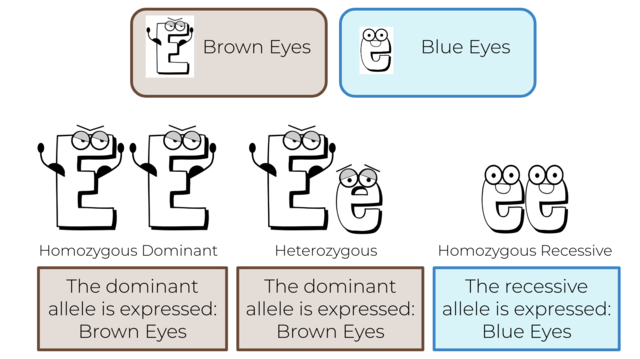“Educators demonstrate a broad knowledge base and an understanding of areas they teach.”
As someone who is dedicated to lifelong learning, this standard is quite important to me. I want to be able to help as many students as possible in as many subjects as possible, so upkeep of my own knowledge is vital. While perfect retention and recall is virtually impossible, I try to take the opportunity to brush up on topics that I have not learned or taught in a long time. An example would be, in an attempt to aid a student with their financial literacy homework, I reacquainted myself with more advanced mathematical concepts such as the ln function.
This is, of course, saying nothing of the educational background I had already acquired prior to the teaching program. My background in biochemistry and molecular biology aids me in more than just answering students’ homework questions. On more than one occasion, students have come to me with their own personal curiosities related (however tangentially) to the topics of the day. I would always do my best to answer as quickly and concisely as possible, even if I had to do a little research to confirm my response first.
Listed below is a chart I devised to help students when it comes to chemical compound naming conventions they encounter in Science 9. Sadly, my practicum ended before I got a chance to use it, but I hope it can help illustrate how I attempt to help my students navigate what is a really tricky concept at this point.
One student asked me about the genetic mechanics behind a certain condition that ran in their family during practicum. I did not know too much offhand about this condition, so I promised them I would look up some information that night to ensure the answer would be accessible and accurate. I did exactly that during the evening, jotting down a few points that summed up their question without over-complicating it.

Pictured: A simple explanation of how allele dominance works, which was relevant to the conversation I had with my student about genetics. Source: Wikimedia Commons.
Being a teacher, I find it important to avoid the pretense that my knowledge is either perfect or complete. While I have no small amount of experience under my belt, I believe it is critical to show that I am just as human as my young charges. To me, there is power in one saying “I don’t know” with a curious tone in their voice. I hear such an expression as, “I don’t know… yet.” I myself do not take pride in not knowing things, therefore I strive to fill as many holes in my understanding as I can.